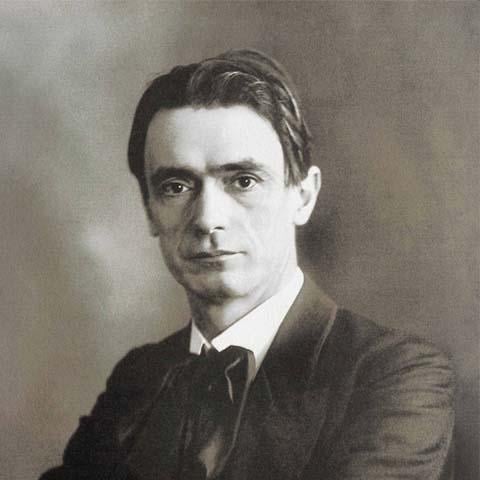The New Spirituality
and the Christ Experience of the Twentieth Century
GA 200

Table of Contents
- Title Page
- Colophon
- Lecture I — Dornach, 17 October 1920
- Significant moments of world history. Study of the symptoms of history. The dispute around 800 A.D. concerning the nature of death between the French philosopher Alcuin and a Greek thinker. The influences of oriental spiritual life on the Centre and on the West. Platonism and Aristotelianism. The culture of the East — a decadent spiritual life; the culture of the West — a thinking suited to the economic life; the culture of the Centre — a logical-dialectical-legal thinking occupying itself with what the human being experiences between birth and death and capable of establishing the civic-judicial element. The culture of the ‘I.’ ‘We have arrived at the point of human development at which an understanding for all three areas must spread equally over all humanity.’ Spiritual science as an initiate culture is the means and path for this. The need to extend the Free School of Spiritual Science and to establish a World Fellowship of Schools.
- Lecture II — Dornach, 22 October 1920
- The development of I-consciousness since the fifteenth century. The threefold principle in the course of history. The elemental beings in the West and the East who oppose the threefold idea.
- Lecture III — Dornach, 23 October 1920
- Development in the three streams arising from the decline of Rome. The human being of the Centre between East and West. New economy, static jurisprudence, finished spiritual life.
- Lecture IV — Dornach, 24 October 1920
- Schiller's Aesthetic Letter and Goethe's Fairy-tale in their relation to Anthroposophy and the threefold principle.
- Lecture V — Dornach, 29 October 1920
- The change in the soul-constitution of humanity since the fifteenth century. The decline in the intensity of knowledge. The emergence of intellectualism and the development of human freedom. The power of intellect and the human longing for knowledge.
- Lecture VI — Dornach, 30 October 1920
- The development of the perception of Christ from Gnosis up to the present. The church ban on reading the Gospels. The path of Imagination. The reappearance of Christ.
- Lecture VII — Dornach, 31 October 1920
- The future spiritual battle between the East and the West. The imminent Christ-experience of the twentieth century. The change in humanity's constitution of soul since the fifteenth century.






